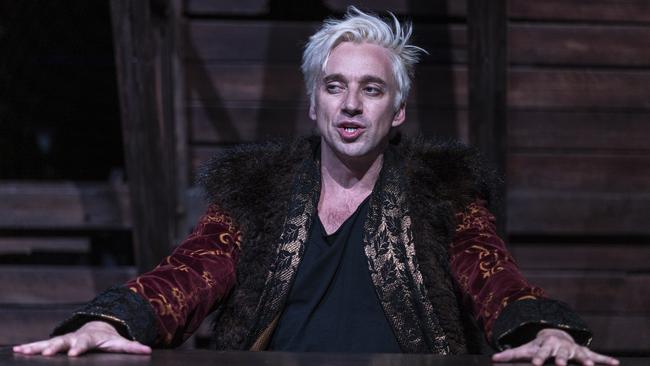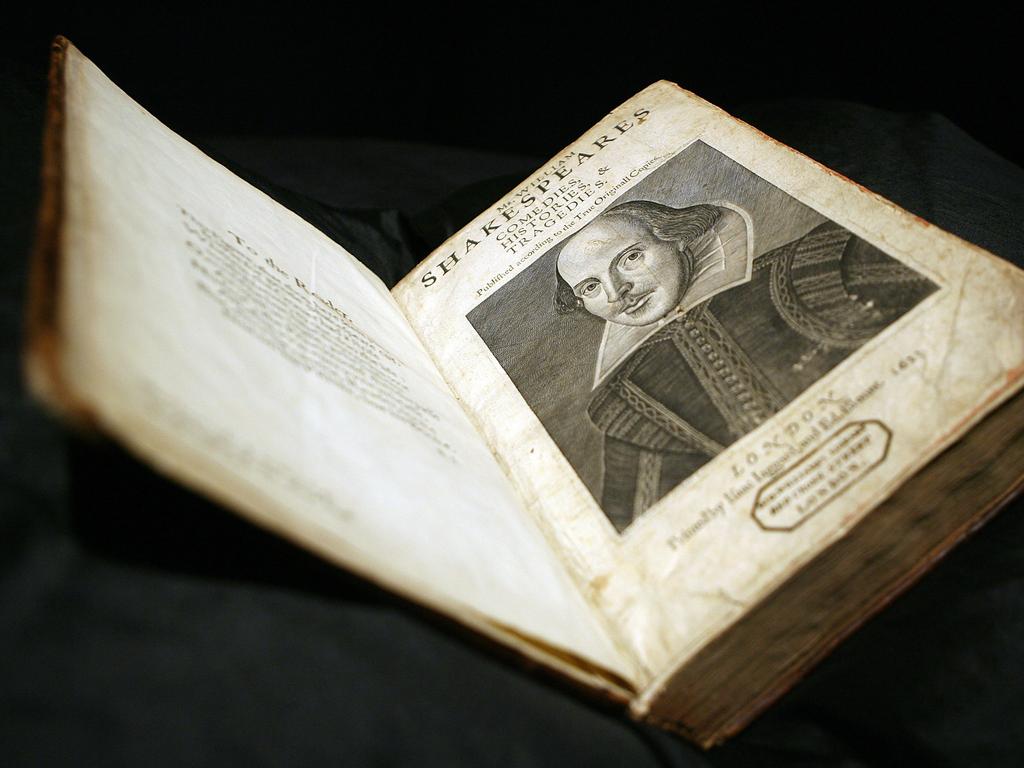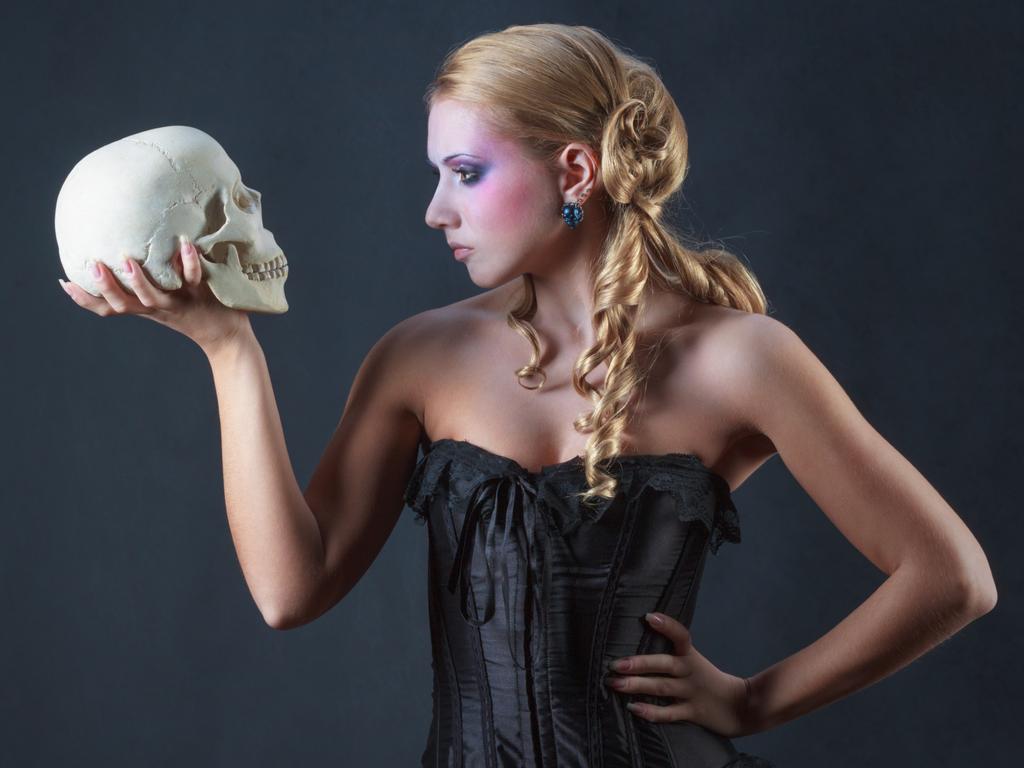A Midsummer Night’s Dream star Richard Pyros, 37: Q&A
Actor Richard Pyros stars in Bell Shakespeare’s riotous new stage production, and reckons he knows exactly the play that will hook the babes into the Bard.

You star in a riotous version of Bell Shakespeare’s A Midsummer Night’s Dream, touring nationally soon. How do you make Shakespeare appeal to new audiences, especially the TikTok generation?All audiences always get something from Shakespeare. I think younger people respond to that mix of funny and quite dark material in A Midsummer Night’s Dream. Things that go viral often have that special mix of being a little bit dark and a little bit funny.
You play three roles – Oberon, king of the fairies; Theseus, Duke of Athens; and Flute, the wannabe actor. What have the audiences been like so far? The roles are all so different. They’re strange modalities to slip into, from one to the next and then back again. The loudest response from audiences has been towards the comedy of the play within the play – you can hear people laughing – but this version of the play doesn’t pull any punches with the darker aspects; it’s not light and fluffy. We’ve embraced those darker elements.
From taking to the stage with Cate Blanchett, to film and television drama (including smash hit The Great) as well as sketch shows (including Big Bite with Chris Lilley) you’ve done just about everything. What have you enjoyed the most? An audience invests in an actor or a character that seems believable and real to them, whether it’s on screen or on stage. There’s a lot of similarities in all the mediums; there has to be an investment of truth no matter what.
After three tremendous seasons, The Great (written by Australian Tony McNamara) was cancelled last year. Did you take it very hard? It was very disappointing. But it was a very expensive production. With all the streaming services contracting at the moment and the cost of living crisis, you can see that all these factors entered into the decision. It would have been a straightforward (call) for Hulu and Disney. We were all very surprised but it did have an ending of sorts. That is more satisfying than most shows that come to an abrupt conclusion.
What would you say is the biggest challenge to the entertainment industry today? The biggest problem is always the funding and funding models. A proper amount of investment is needed. There’s been some fairly drastic cuts to all of the arts in recent memory and one would hope that would start to change soon, especially here. Australia’s a very wealthy country and it’s a very forward-looking country. It can invest in its artists and its storytellers. The important thing for Australia is to get Australian stories out into the world.
There’s been a lot of drama (so to speak) about actors making political protests on stage lately. What is your position – do you think entertainment and politics should ever cross-pollinate? I don’t think you can disconnect art from politics. All storytelling is political, to some degree. A Midsummer Night’s Dream is one of the most apolitical of Shakespeare’s plays, yet it can’t help but talk about the system of governance in Greece, patriarchy and talking about who is allowed to marry. It’s kind of patronising to artists to think that they’re not political animals. Everyone, to a degree, is a political animal.
Bell Shakespeare’s A Midsummer Night’s Dream is touring nationally. It opens in Melbourne on April 25.





